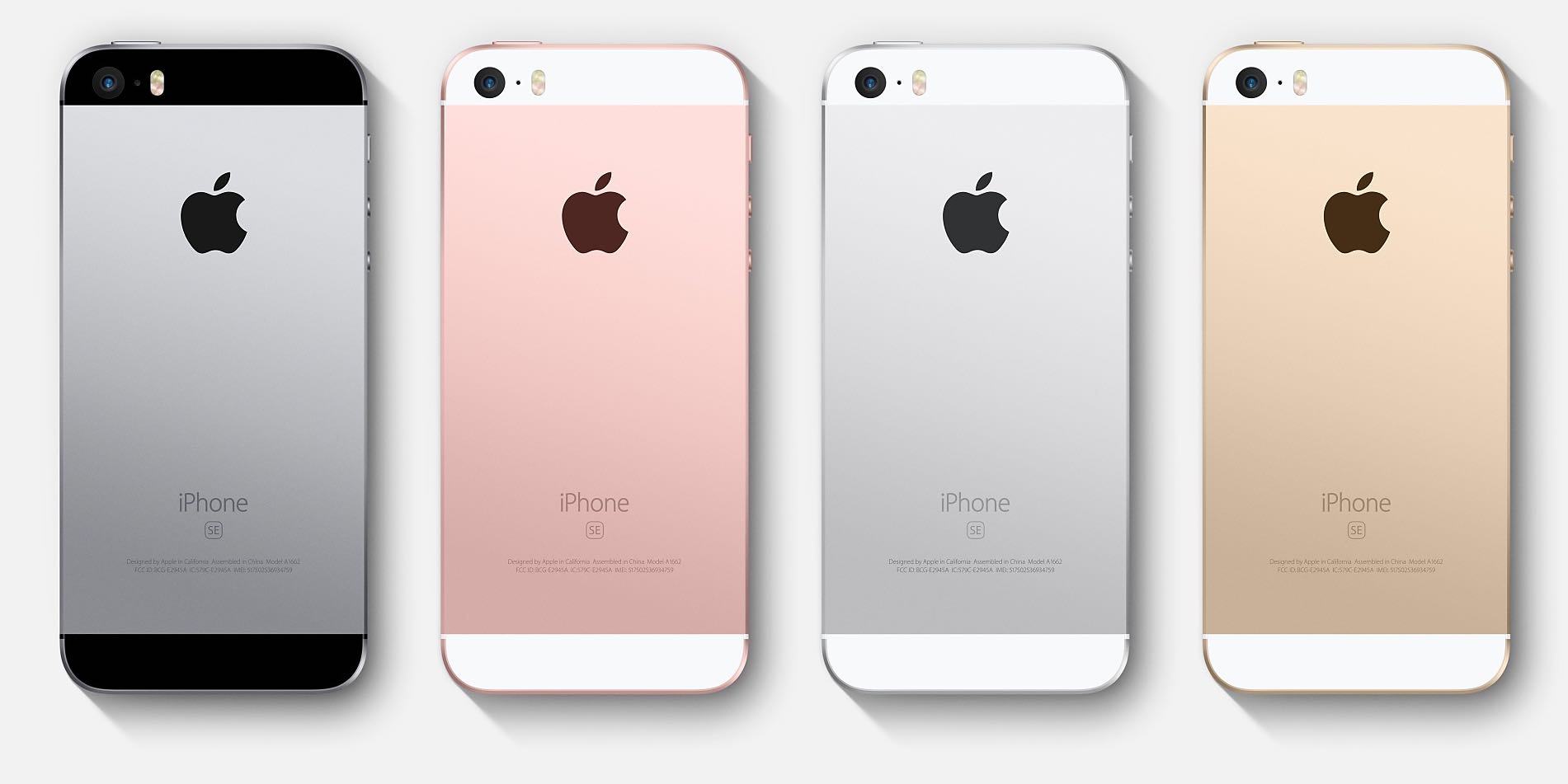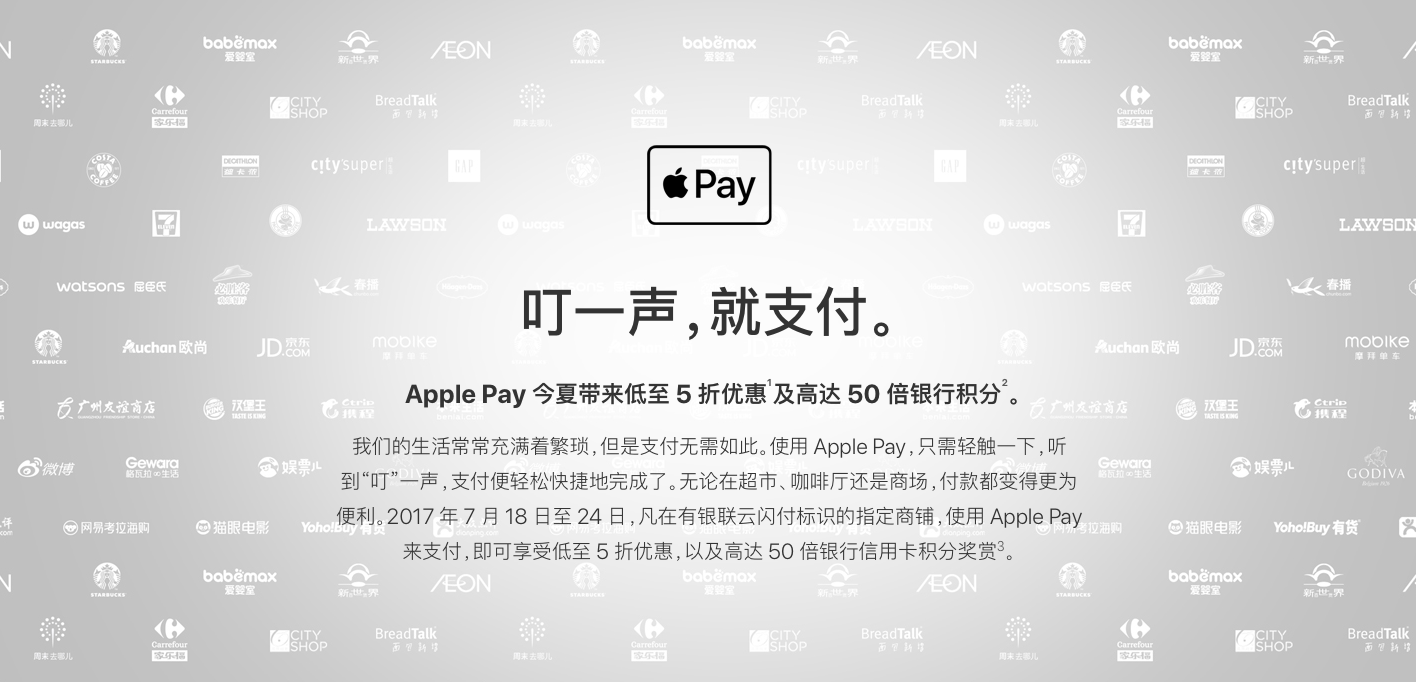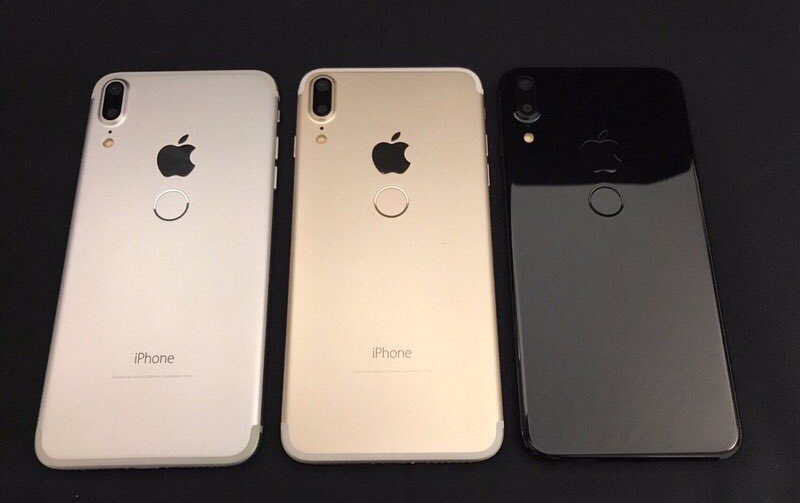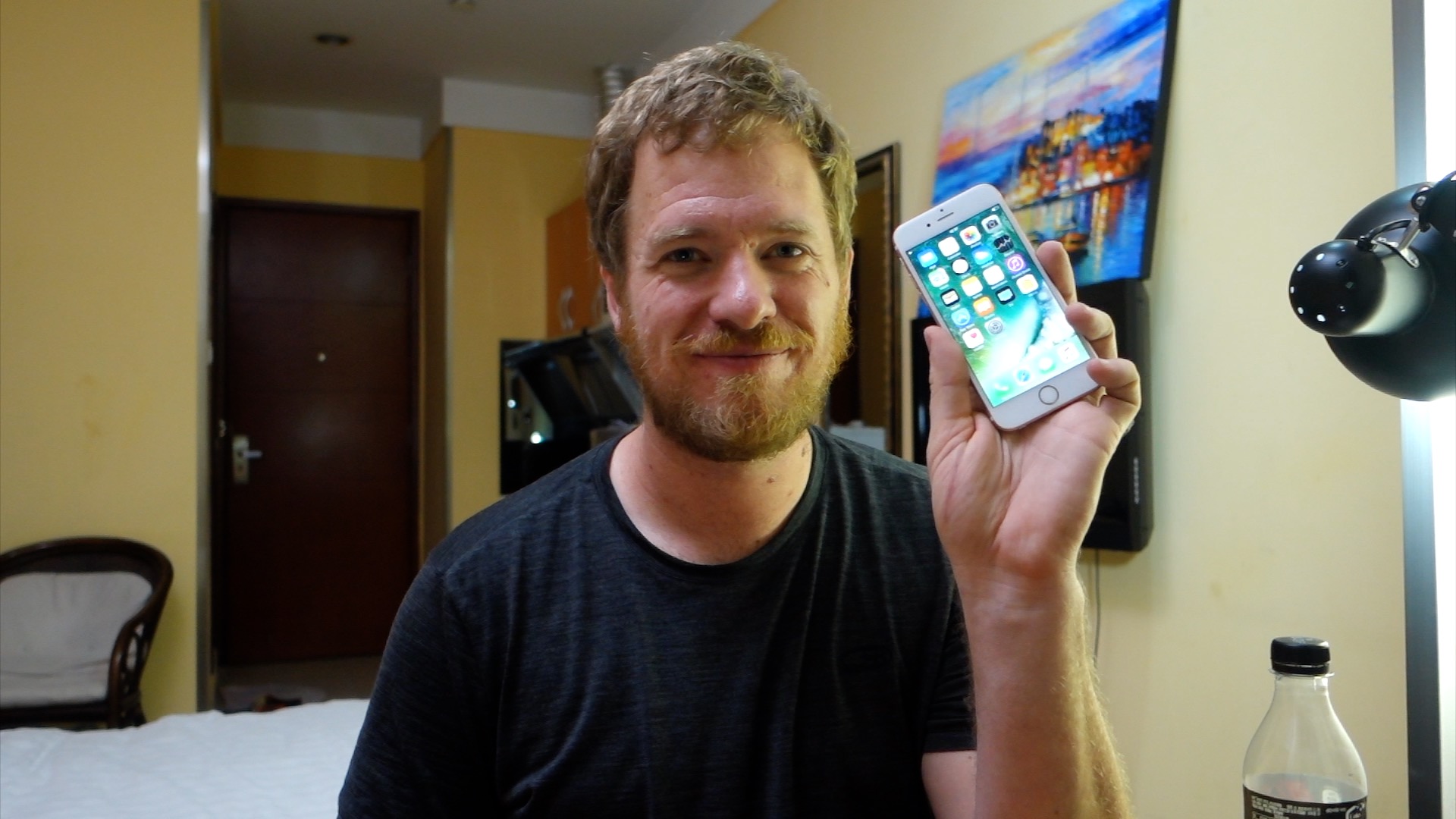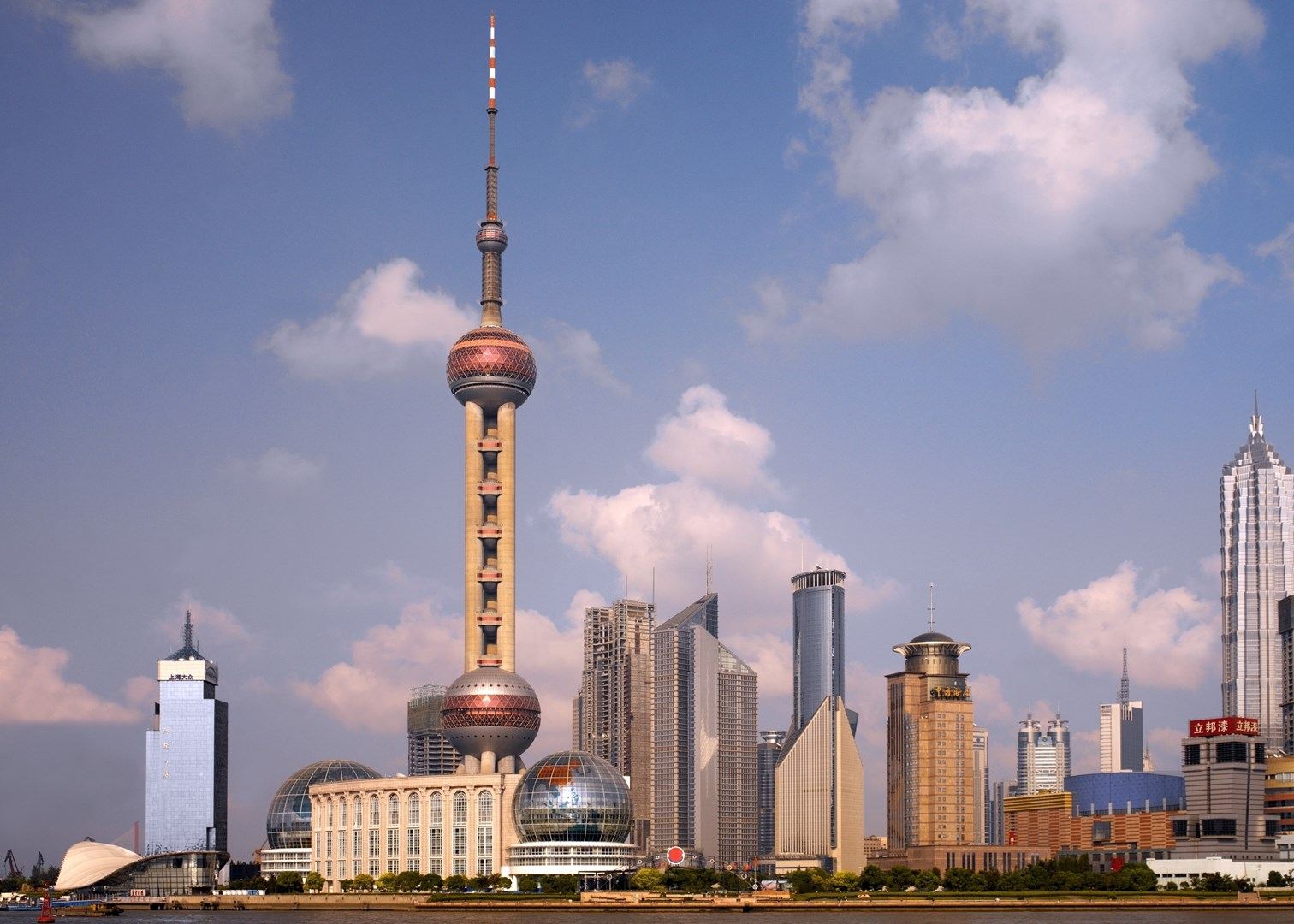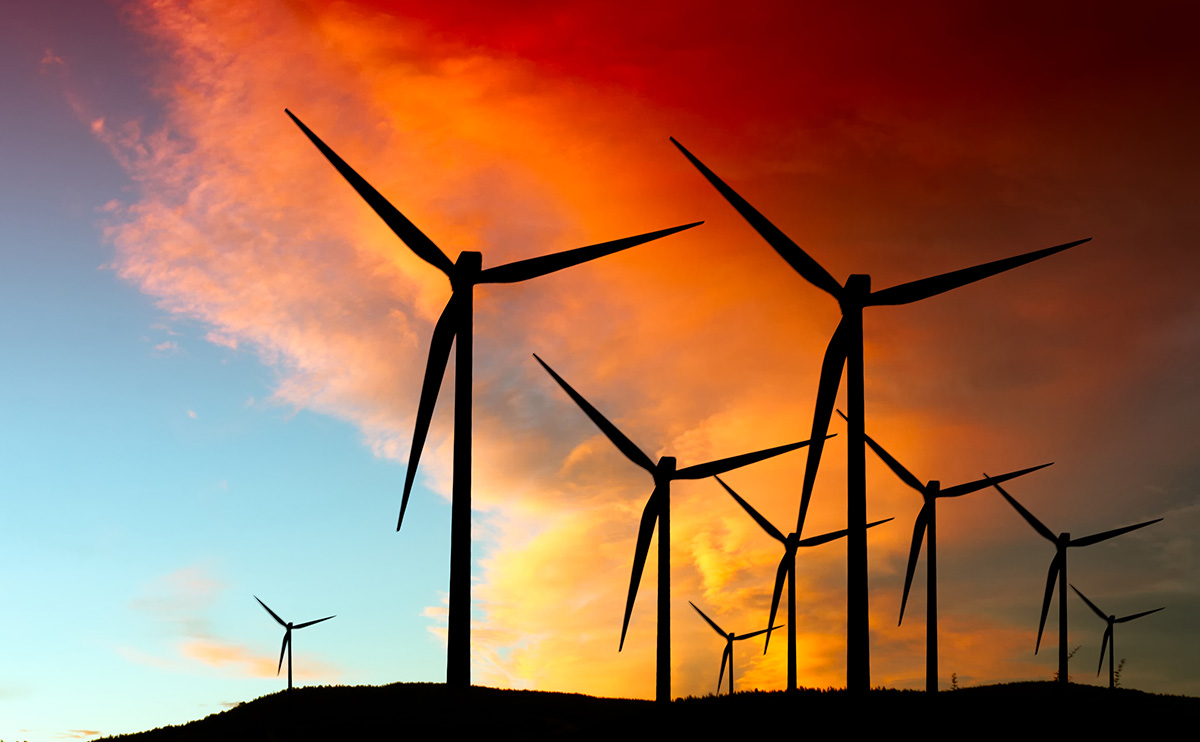iPhone SE is fifteen months old now, but don't hold your breath for any kind of hardware refresh to the smallest and most affordable Apple handset. That's according to Chinese analyst Pan Jiutang, who predicted Apple won't be refreshing iPhone SE because he doesn't think there's enough demand for the device since most consumers are looking for bigger phones.
The report should be taken with a grain of salt because Apple is now building “Assembled in India” iPhone SE models that it plans to eventually export. On top of that, the Cupertino tech giant is planning to expand local iPhone manufacturing in India.
In the US alone, more than five percent of the overall mobile phone sales apparently belong to iPhone SE. The 32-gigabyte edition of the device retails for $399 in the United States.
Powered by Apple's A9 chip, iPhone SE is compatible with iOS 11.
In my opinion, Apple would be wise to keep iPhone SE in its offering for another year or so in order to cater to the needs of people that prefer smaller, inexpensive handsets.
